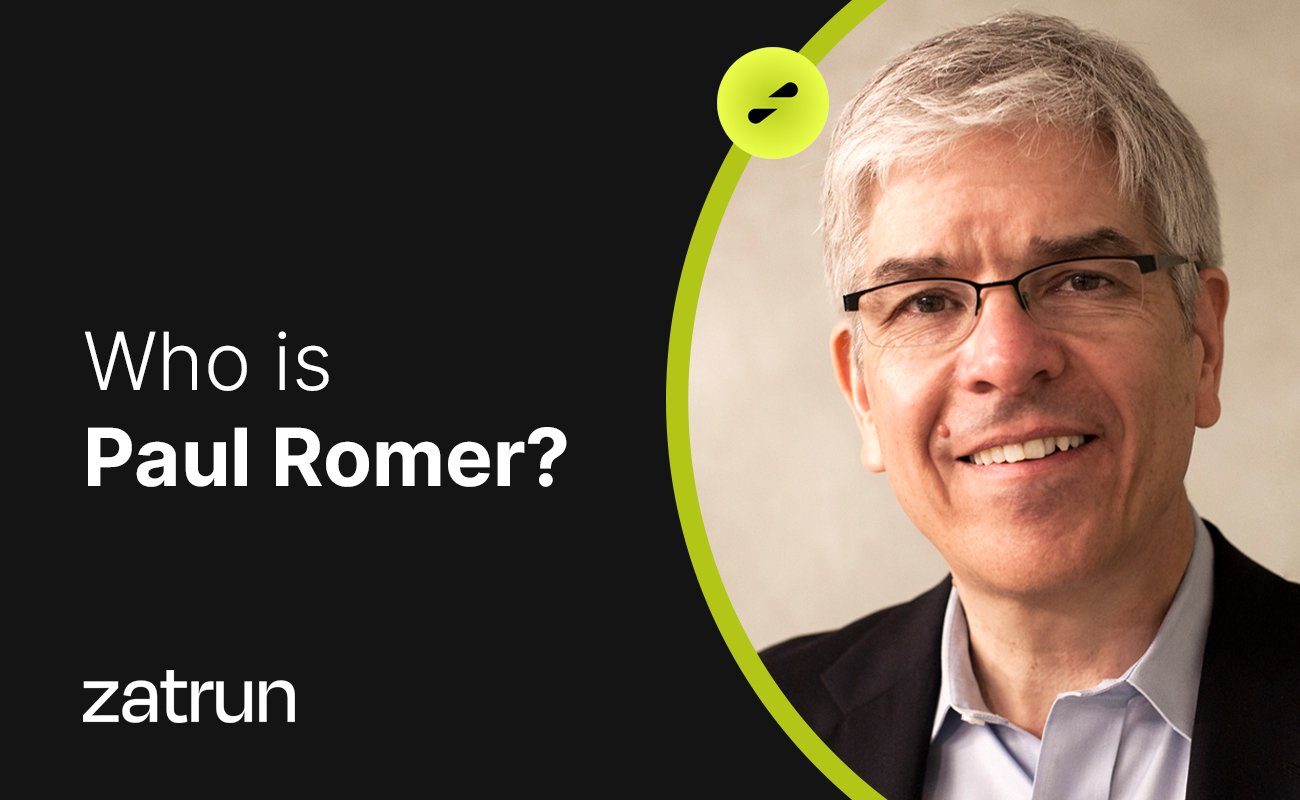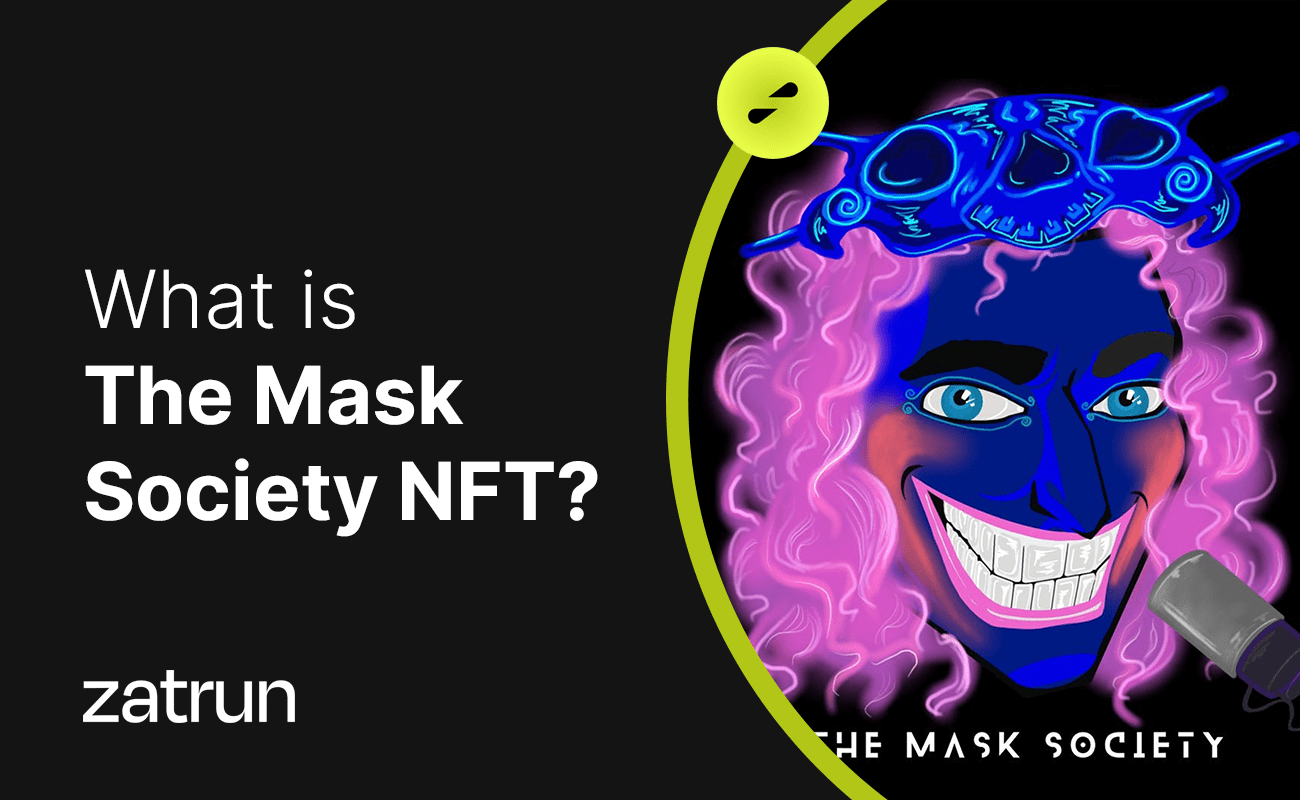Abraham Robinson 101: Who is a Famous Mathematician? In this article on Zatrun.com, we will cover in detail everything you need to know about Abraham Robinson, a mathematician known for the development of non-standard analysis that our readers are curious about.
Who is Abraham Robinson?
Abraham Robinson was born on October 6, 1918 to a Zionist Jewish family in Waldenburg, a city of the former German Empire (now Wałbrzych, Poland). He is a famous mathematician known for developing non-standard analysis, which reintroduces infinitesimals and infinite numbers to modern mathematics with a rigorous system. Almost half of Robinson’s articles focus on applied mathematics rather than abstract mathematics.

in 1933, Robinson emigrated to the British Mandate of Palestine and received his first degree from the Hebrew University. II. He was in France during World War II, when it was occupied by the Nazis, and managed to escape the country by train and on foot. During the escape, French soldiers, suspicious of his German passport, alternately questioned him.
While in London, he joined the Free French Air Force and contributed to the war effort by learning self-aerodynamics and specializing in the air foils used in fighter aircraft. Abraham Robinson worked in London, Toronto and Jerusalem after the war. He finished his career at the University of California, Los Angeles, where he started working in 1962.
His Contribution to Model Theory
Abraham Robinson is known for his approach to using mathematical logic to solve problems related to mathematical analysis and abstract algebra. He introduced many of the basic concepts of model theory. Robinson has found a way to use formal logic to use these methods to show that real number systems have self-consistent models that contain infinite and infinitesimal numbers and are not standard.

Later, mathematicians such as Wilhelmus Luxemburg showed that similar results could be obtained using ultra filters. This in turn made Robinson’s work more accessible to mathematicians without a formal logic background. Abraham Robinson’s book “Non-Standard Analysis” was published in 1966. He was closely interested in the history and philosophy of mathematics and often expressed a desire to have the thought processes of Gottfried Leibniz.
Abraham Robinson was remembered by his colleagues when he was at UCLA as someone who worked hard to find challenging projects for doctoral students of all levels. He was also invited to Yale University, where he hesitated at first, but eventually moved there in 1967. In 1973, he became a member of the Institute for Advanced Study. Robinson died of pancreatic cancer in 1974.
His Major Publications
Abraham Robinson is known for his ground-breaking work in the field of model theory and mathematical logic. His publications have been highly influential in the advancement of the field of mathematics. Some of his most notable works include “Introduction to model theory and the metamathematics of algebra”, “Non-Archimedean Fields and Asymptotic Expansions”, “Complete theories” and “Non-standard analysis”. These books have been widely accepted as basic resources for students and professionals in the field.

Robinson’s three-volume “Selected papers of Abraham Robinson” series covers a range of topics including model theory, algebra, non-standard analysis, philosophy, and aeronautics. These publications have been praised for their clarity and accessibility, making Robinson’s work more accessible to a wider audience.
His most famous publication, “Non-standard analysis”, was first published in 1966 and has since become a classic in the field of mathematics. The book provides a comprehensive overview of non-standard analysis and is often used as a textbook for advanced courses in mathematical analysis. Despite his untimely death in 1974, Robinson’s contributions to the field of mathematics continue to influence and inspire generations of mathematicians.












